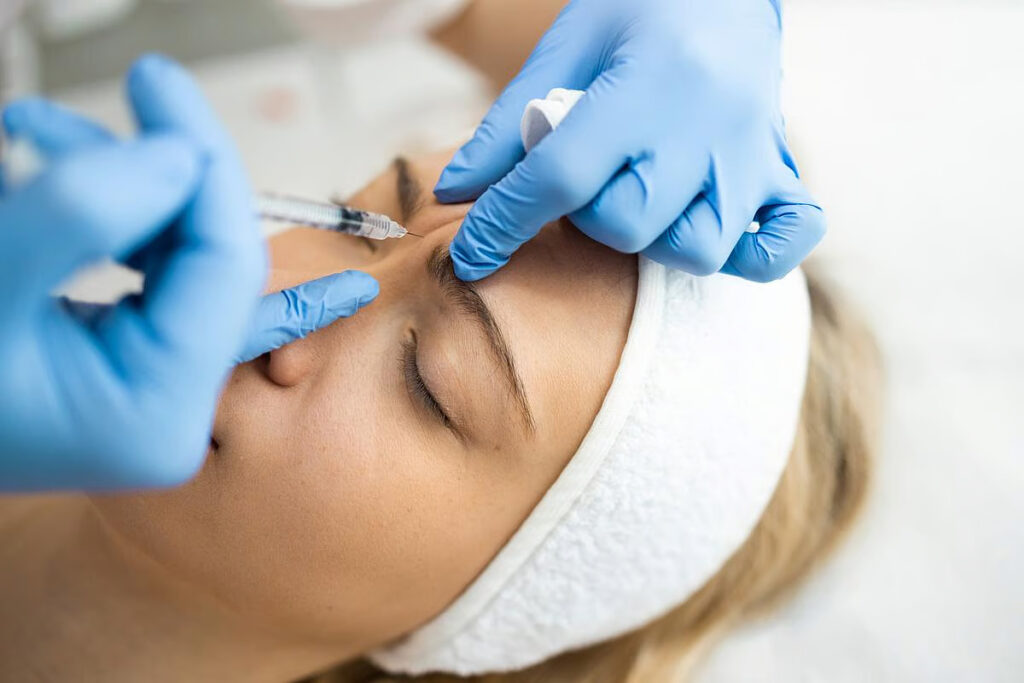Social media often tempts teenagers with non-surgical ways to improve their appearance, such as laser hair removal, skin and teeth whitening, chemical peels, botox, and face and lip fillers.
And a new poll finds that a substantial number of parents are ready to support their teen’s pursuit of beauty through a trip to a med spa.
About 1 in 6 U.S. parents support their teens undergoing these types of treatments, as long as they have parental approval, a new poll has found.
But there remains skepticism regarding these procedures, according to the University of Michigan Health C.S. Mott Children’s Hospital National Poll on Children’s Health.
Half of parents who participated in the poll said there needs to be a valid reason for them to support their teen getting a cosmetic treatment, and there’s some difference of opinion about what makes a valid reason, the poll found.
“Parents were conflicted about the circumstances under which non-surgical cosmetic procedures are appropriate for teens,” Mott pediatrician Dr. Susan Jennifer Woolford said in a news release.
For example, half of these parents said being bullied about appearance doesn’t justify a non-surgical cosmetic procedure, and less than 40% consider improved mental health to be a good reason.
On the other hand, a third of parents said they support teens getting laser hair removal, chemical peels, teeth whitening or dermal fillers to look good for a special occasion.
“Interestingly, similar proportions of parents rated the validity of teens wanting to look good for a special occasion on par with wanting the procedures due to mental health or bullying,” Woolford said.
Parents also differed on how young is too young for cosmetic treatments.
More than half said teens should be 18 or older, 27% said 16 or 17 is old enough, and 17% said 15 or younger was fine by them, the poll found.
Nearly a third of parents said teens should be barred from these treatments under any circumstances.
Woolford said parents should be aware of the impact social media likely has on their teen’s sense of self.
“Teens are susceptible to feeling insecure about their appearance when compared to digitally altered pictures depicting an appearance that is probably unattainable naturally,” she said. “This problem is exacerbated by the pressure to post pictures of themselves to garner validation.”



